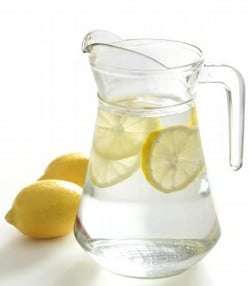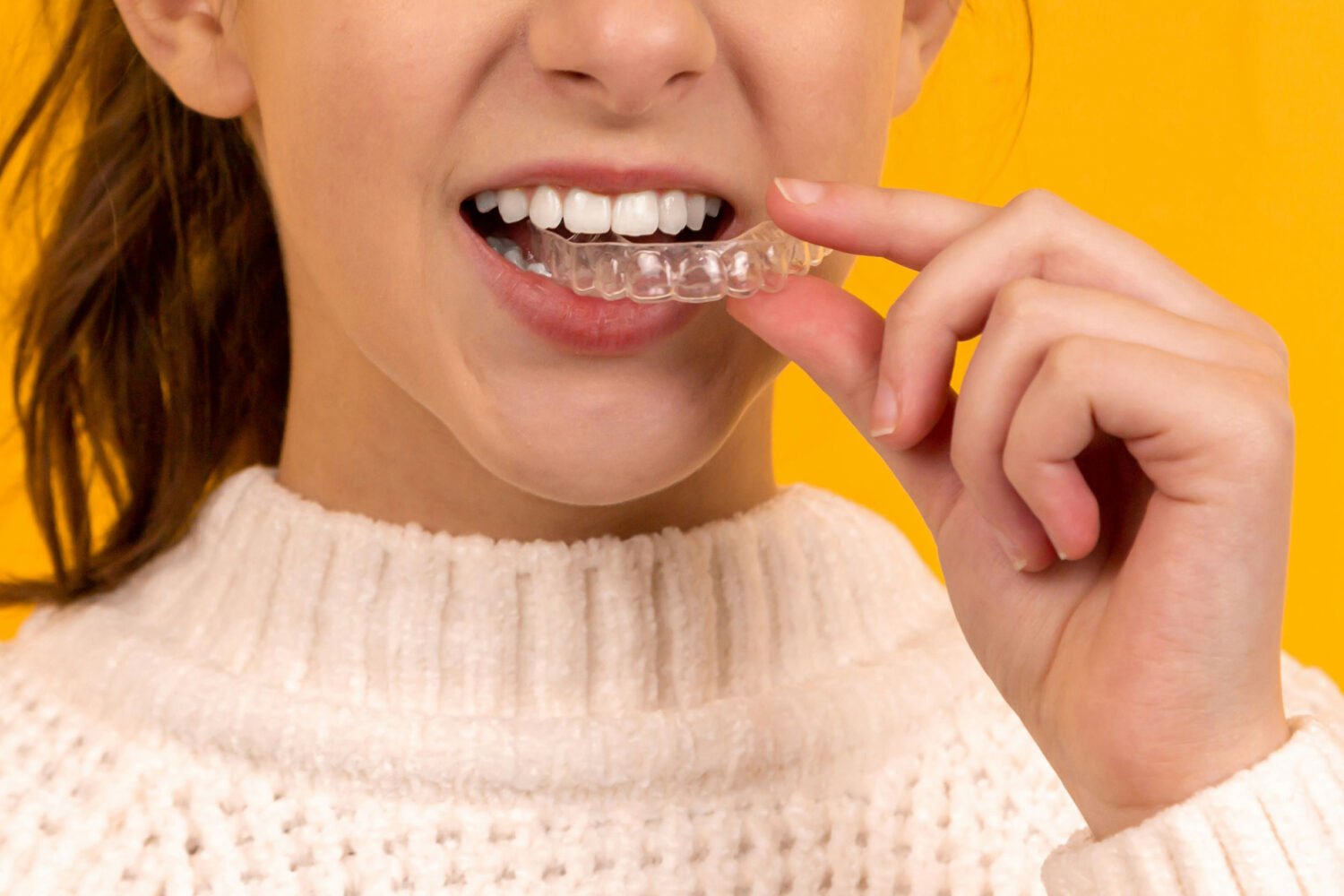
It’s been a summer for record-breaking heat in Washington and the rest of the US. June rolled in with a 102-degree day on the 9th, a high that month hasn’t seen since 1874. The National Weather Service attributed 13 deaths in the Midwest over the past week to the heat wave that has moved eastward. Now, DC has been slapped with an excessive heat watch that remains in effect until Thursday night.
But the true devil in the mix—what’s nudging the heat index up to a potential 111 degrees—is the humidity. You feel it while waiting for the Metro each morning or when you duck out of the office mid-day but can only manage the 10 paces to the sandwich shop next door. It’s a thick, wet blanket of moisture tucked tight around the capital.
When the dew point stretches into the 60-degree territory and beyond, things turn sticky and unbearable. According to the Weather Channel, Wednesday’s dew point in Washington was 76 degrees.
Such high levels of humidity also mean it’s time to take extra precautions to ward off heat-related illnesses. These include heat exhaustion, hyperthermia, and heat stroke, though dehydration is most common.
“It’s very easy for us, since we are so busy, to forget to get enough fluids in the system,” Katherine Krupka, a classical naturopathic doctor and expert in nutrition says. “When we perspire we lose minerals essential to the body.”
In very humid weather you may be less aware of signs your body is giving you that it’s time to cool down. Excessive perspiration can often be mistaken for a general dampness caused by the air. According to Krupka, dehydration symptoms to be aware of include headaches, nausea, and fatigue.
Dr. Allison Bae of Associates in Medicine in Falls Church agrees that a lack of energy is what usually plagues people affected by the heat.
“Generally people complain about feeling more tired, sluggish,” Bae says.
Certain groups of the population are more prone to heat-related illnesses than others. Those at either end of the age spectrum—young children and the elderly—have a greater chance of becoming dehydrated. Dr. Bae says it may be surprising, but men are just as likely as women to be affected by the heat. Also on the list are those with serious chronic illnesses like severe asthma, heart disease, diabetes, or cancer.
Basic safety measures are fairly straight forward. Dr. Bae advises her patients to wear light and loose clothing, seek shade, and drink plenty of water. Under this week’s heat advisory, the National Oceanic and Atmospheric Administration recommends Washingtonians to “stay in an air conditioned room” and “check up on relatives and neighbors.”
Those who exercise outdoors or have a job requiring outdoor labor need to take extra precautions, and drinking enough water is a good place to start. Dr. Bae says that, while eight glasses a day is standard, in conditions like we’ve seen active people may need as much as two to four glasses per hour. Krupka has a “fluid first” rule where she recommends clients drink half their bodyweight in ounces.
You Might Also Like:
“If you weigh 150 pounds drink 75 ounces, which is about equivalent to nine glasses in pure water,” Krupka says. “It does not mean tea, coffee, or juice . . . just water.” If plain water doesn’t excite your palate, Krupka recommends squeezing half a lemon or adding a few drops of fruit or vegetable juice. Drinking lemon water first thing in the morning also helps restore your body’s pH balance, which is important because if your body is too acidic, it will deplete its mineral stores more rapidly.
Getting enough H2O is only the first step in combating heat illnesses. Dehydration usually occurs when the body has run through its electrolyte stores, and Krupka says it’s vital to replenish needed minerals like sodium, chloride, potassium, calcium, and magnesium. Most sports drinks are loaded with sugar, so the homeopathic nutritionist recommends eating your minerals instead. Vegetables of the dark green, leafy variety, along with celery and cucumbers are wise choices. In the fruit family, oranges, peaches, plums, nectarines, pears, and melons are all mineral-heavy.
Krupka’s final piece of advice is for everyone, whether overly active or not, to eat small and frequent meals in the summer months to avoid putting your system into overdrive.
“The body takes [more] effort to work in the heat, so if it’s spending more time digesting and functioning you are draining your energy.”
When choosing foods that will build a shield against heat-related illnesses, a rule of thumb is to listen to what your body craves. In the winter, you’re drawn to heavier comfort foods, but in the summer it’s all about what’s fresh and light. Listen to your body and you’ll be directed toward meals that will keep you hydrated and won’t overwork your digestive system. If the food is in season at your local farmers market, it’s most likely a good choice.
Being smart about what kind of foods and liquids you consume plays a large part in warding off heat-related ailments. Sometimes, though, all you want is a nice blast of cold air or a dip in the pool on a hot day. If your home or office is sans air conditioning, this list of public cooling stations, pools, and spray parks could be your savior from humidity hell. Stay cool, Washington.
Subscribe to Washingtonian
Follow Well+Being on Twitter
More >> Health | Top Doctors | Well+Being Blog

















